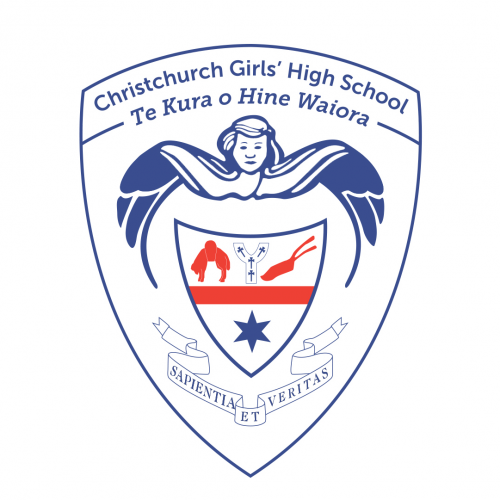
Removal of Streaming at CGHS
At the end of 2020 the Board of Trustees endorsed the removal of streaming at year 9 level in 2021 and year 10 level in 2022.
Prior to this, the decision was also endorsed and discussed by all our Heads of Learning Area. This decision to make the change was based on research evidence, such as that of John Hattie. If you are unfamiliar with his work, Hattie and his team conducted a meta-analysis of educational research to determine which educational practices had a positive impact on student learning and the practices that had no effect or in some cases were actually detrimental to the learning of some students. The research shows that streaming has an insignificant effect on educational attainment (d=0.12) and adds that “the effect of streaming on equity are both profound and negative (Hattie, Visible Learning, 2009, p.90) (Full list of factors related to student achievement can be found HERE). The research shows that ‘low attaining learners who are streamed fall behind by 1 or 2 months per year, on average, when compared with the progress of similar students in classes with mixed ability groups’, it undermines confidence and can discourage the belief that achievement can be improved through effort. The Minister of Education, Chris Hipkins, has also stated that “streaming is discriminatory, unfair without underpinning evidence” and that it does “more harm than good”. (see link 5 below)
As parents, we appreciate that you are familiar with streaming from your own education years, but you will also appreciate that in many professions techniques and methods change with new knowledge and advances in technology. Streaming belongs to an era where the teacher was the source of all content and taught the same material to the cohort as a homogenous group. We should also remember that students are only 13 years of age approximately at entry and have in the past been allocated to streamed classes on a Mathematics and English test only with little allowance for a growth mindset and recognition of multiple and neuro-diverse intelligences.
Our Mathematics and English departments have outlined some of their teaching approaches that will allow for all students to succeed as we move forward:
- Both Learning Areas have robust systems and diagnostic tools for identifying the specific academic and cultural needs of students entering year 9. Within the classroom environment, students are catered for depending on their identified needs. They encourage regular teacher/ ākonga conferences, differentiated programmes and student participation in furthering their own learning.
- Students will be tracked through their time in both junior English and Mathematics, regardless of ability. Our teachers are invested in empowering and encouraging all students to reach their personal excellence.
- Classroom teachers will vary their lesson content and use of resources accordingly to cater to the range of learning needs in their classes.
- We are strongly committed to ensuring that our programmes seek to nurture the ‘whole person’ and are not only focused on academic success. Our programmes incorporate activities which encourage students to develop their ability to manage their own learning, connect with others, work collaboratively in teams, and develop their awareness of, and willingness to be open to, a range of approaches, attitudes and ideas.
- With the incorporation of digital strategies, the teacher is able to target activities and content in a more personalised approach to cater to different learning levels and move around those students in a way which was not so possible in the past.
- As a school we are part of the Accelerated Learning in Mathematics and Literacy programs, and have teachers with allocated time to track students and create resources for teaching and learning to help students on a needs basis.
For more information and FAQ re teaching and learning in English and Mathematics please go to HERE.
In years 11, 12 and 13 at NCEA Levels 1, 2 and 3 students select and are guided to courses and standards which include prerequisites at Years 12 and 13, so are not streamed in the way Years 9 and 10 traditionally might have been in some schools. This has always been the practice and our students achieve successfully, and in fact better than both National averages and comparisons with schools with the same decile rating.
We encourage you to explore the links below, which are both research based and thought provoking.
Further information can be found through the following resources and references:
- John Hattie speaks about the effects of streaming - https://youtu.be/m6czhy6kPpc
- The Education Hub - What does the research say about the impact of streaming, setting and attainment grouping in students?
- Hey, that’s our mana you’re messing with. Becky Manawatu (2020)
- He Awa Ara Rau - A Journey of Many Paths - The Journey of our Rangatahi Māori Through our Education System (2020)
- Researchers say time’s up for academic streaming in schools - RNZ interview with both School Principal’s, Researchers and representatives from the Ministry of Education (2020)
- Could academic streaming in New Zealand schools be on the way out? The evidence suggests it should be.
- Is time up for ability grouping? Curriculum Leadership Journal
